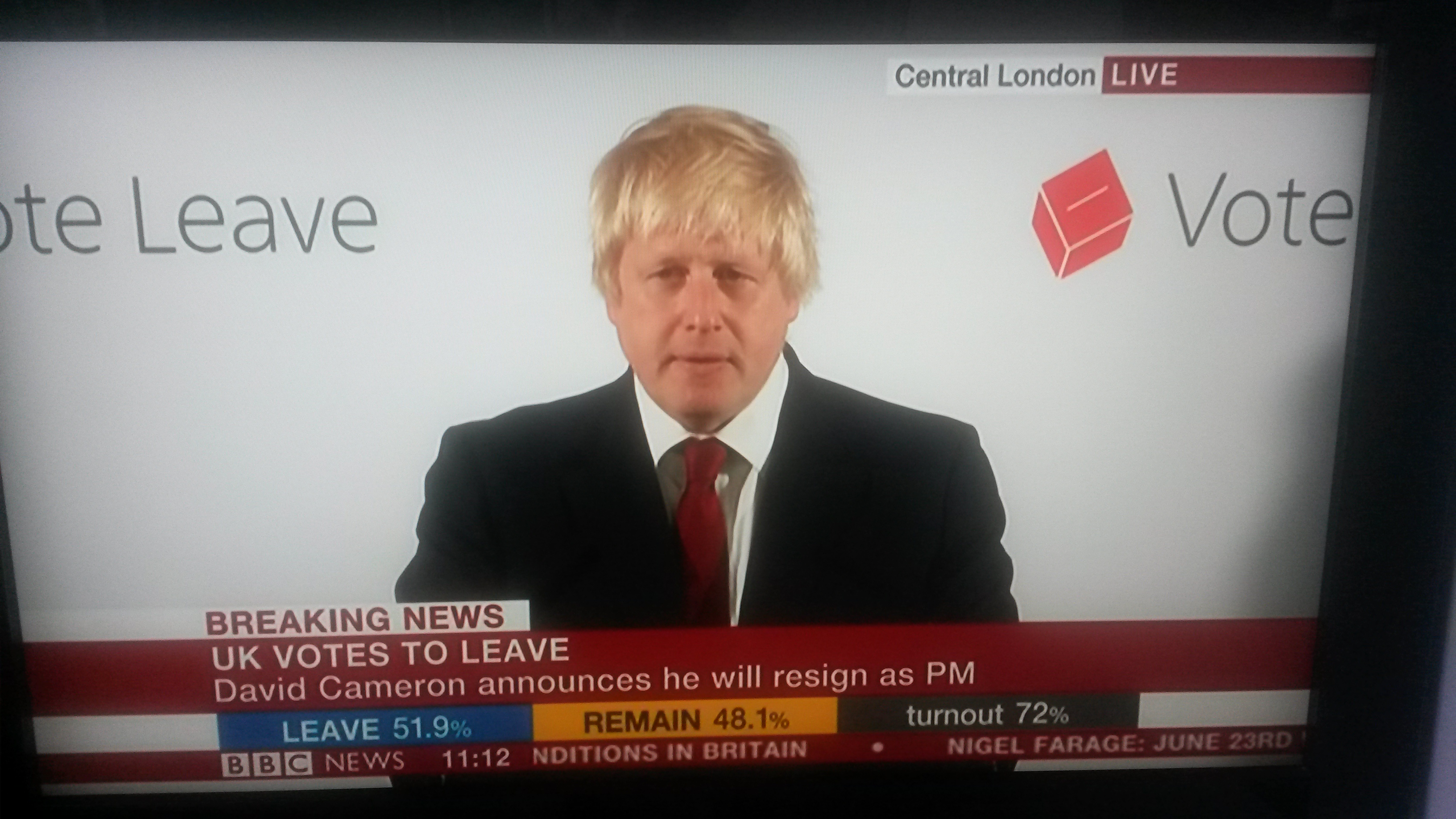The first climate test of the UK’s new politics comes next week, when ministers are due to approve greenhouse gas cutting targets through to 2030.
Government advisors say the UK should aim to cut emissions 57% on 1990 levels by 2030, based on a 52% cut in the mid-2020s, with a decision due by 30 June.
Four-year carbon budgets are legally mandated under the 2008 Climate Change Act, but it’s a piece of legislation long detested by many in an emboldened and swelling Brexit camp.
With government approval already delayed due to the referendum vote, Labour’s climate envoy Barry Gardiner said he has “huge concerns” over the budget’s future, despite an assurance from energy minister and leave supporter Andrea Leadsom it would be signed off.
Analysis: UK votes to leave EU, fears grow for climate ambition
“It would be extraordinary and quite disingenuous if the government do not bring that forward,” he told Climate Home.
“The government’s credibility with investors in UK has already suffered a huge confidence shock by all it has done – it would be hugely damaging not just to energy but to whole infrastructure if they postponed.”
One private briefing by a London think tank in May warned of “opportunistic attacks on clean energy and climate policy” in the event of a vote out, given the climate sceptic views of many in the leave campaign.
Those could yet intensify through the summer. With David Cameron stepping down as prime minister, Boris Johnson is the bookies favourite to assume office in Number 10 in October.
Brexit reaction: How will it impact global climate politics?
He has previously warned of a mini ice-age and suggested the 2015 Paris climate deal was agreed because of the unusually warm weather last December.
Attacks on environmental regulations should be expected if the economic shocks post Brexit worsen, said Matthew Spencer, head of the non-partisan Green Alliance.
“It will be a test of the [Conservative] party’s leadership and their desire to be international, open and responsible,” he said. “The Climate Change Act will be a bellweather to the common good.”
Amid a cratering pound and global stock markets in turmoil after Friday morning’s shock result, green business groups called for the government to keep its promise to deliver a new energy plan and policy stability this year.
Nick Molho from the Aldersgate Group, which includes BT, Sky and IKEA as members, urged officials to produce a “detailed emission reduction plan” in the next six months to help meet the UK’s carbon cuts.
“Both of these decisions will be essential if the UK is to attract the affordable, private sector investment it needs in energy efficiency, low-carbon heat, electric transport and clean energy infrastructure,” he said.
“The urgent priority now is to reassure the markets. We need strong and calm leadership from the Government, working with the Bank of England, to shore up confidence and stability in the economy,” said Carolyn Fairbairn, CBI Director-General.
“The choices we make over the coming months will affect generations to come. This is not a time for rushed decisions.”
